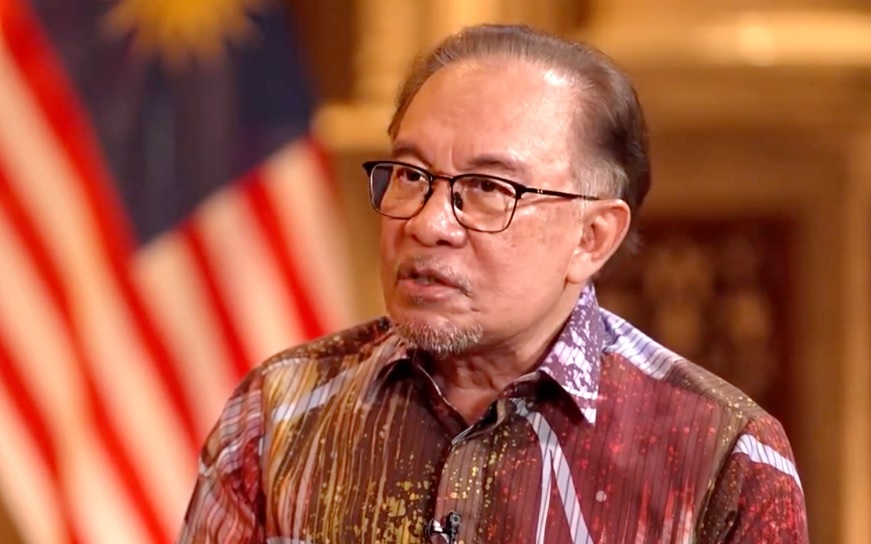
The Malaysian Prime Minister Datuk Seri Anwar Ibrahim said that the political stability in the country is allowing the government to implement necessary changes to enhance well-being and revive the national economy.
Anwar also expressed his gratitude on the willingness of political leaders, civil servants and the private sector to acknowledge that the country cannot remain at its old level and that all parties must change.
“People talk about change, but not many understand and try to implement it because if more meaningful and smoother changes are not made, we will return to a gloomy and sluggish state,” he said, adding that the government has been working on improving governance in the country.
“If you ask me, we have political stability. We should use it to improve governance because no country, regardless of its wealth, can elevate the dignity of its society, nation and country without trustworthy and responsible management.
“In this regard, the government can introduce clear policies in industrial, digital, energy and semiconductor sectors, which enable investors to understand and be assured to come (invest) and see for themselves, whether we have achieved the expected level of efficiency.
“So far, there have been changes in that direction. However, there is always room for improvement,” he continued.
Anwar also urged all parties to maintain the spirit of bringing about change to rectify existing shortcomings.
Resonating this, Malaysian Economy Minister Rafizi Ramli warned that Malaysians need to understand and accept that the country, being an open market economy, is exposed to the effects arising from global economic uncertainty.

However, he said that practicing open trade also has its advantages as seen by the country becoming among the world’s top 20 largest trading nations.
“Hence, as a trading nation which relies on exports for our revenue, whether electronics, palm oil, petroleum or other products, we will continue to be exposed to (external) factors beyond our control,” he said.
To provide an example, Razifi pointed out that the Malaysian economy could still be influenced by adopting an open trade policy despite not having anything to do with the US Federal Reserve’s interest rate decisions.
“Similarly, the wars in Ukraine and Gaza (Palestine) will also have an effect. The latest example is Israel’s attacks on Lebanon and Iran’s retaliation against Israel and the world now awaits Israel’s move.
“Every time such a geopolitical conflict happens, fund managers globally need to take action to safeguard their investments. Their normal practice is to transfer funds from existing investment instruments to traditional, conventional and low-risk investments such as gold,” he explained.
Because of this, Rafizi stressed that Malaysia must change the economic structure in terms of government practices to ensure strong financial governance.
“(This is to) ensure we have high financial reserves and capability to navigate uncertainties. At the federal level, we always say we need to undertake fiscal reforms to strengthen our fiscal position,” he added.














